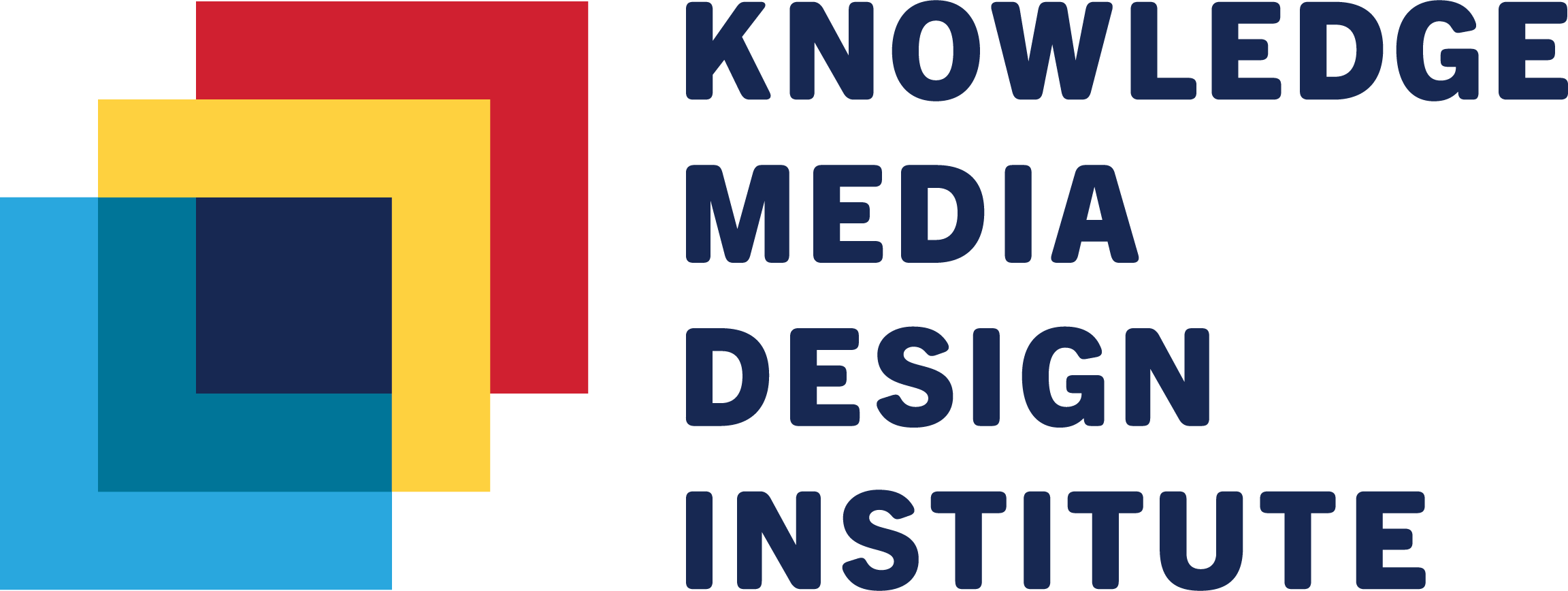This past summer, Dr. Ratto stepped into his new role as Associate Dean of Research at the Faculty of Information. He sat down with us to discuss his priorities, the work of the faculty, and the advice he’d give to students looking to pursue research opportunities at the iSchool.
- Congratulations on your new role as Associate Dean of Research. Could you share a little about the role in general and speak to what responsibilities you’ll have over your tenure?
Sure, the Associate Dean of Research is part of the leadership team in the faculty, which of course includes the Dean, the Associate Dean Academic, who deals mainly with academic matters, and my role, which is responsible for a lot of tactical and a few strategic aspects of research for the faculty.
I act as a sort of liaison, a connection to larger collaborative research projects at U of T. In particular, the institutional strategic initiatives, which are cross-divisional research activities supported by the VP of Innovation and Research. Those include groups like the Data Science Institute, the Critical Digital Humanities Institute, and the Jackman Humanities Institute among others.
I try to support the faculty in a lot of their grant getting activities and I work with a number of staff whose roles are focused on that. Together, we try to help faculty write and achieve success with asking for grants from various agencies, in particular the tri-council agencies.
- What are your first priorities as Associate Dean?
I want to create more resources so the faculty can do more research, pay PhD students, travel, buy equipment, all those kinds of things. I’m personally really interested in transdisciplinary and cross-disciplinary research, particularly research that crosses between the technical, more engineering and computer science side to the more social, critical and interpretivist side of research.
I’m interested in helping us as a faculty carry out research that both builds new types of information systems, but also critically examines how past versions of those systems have created and maintained social inequity – how we can facilitate research projects that do both of those things, study and build. I also want to increase the visibility of projects that reach outside the faculty into affected communities.
- Are there any projects underway that you’re particularly excited about?
What I’m particularly excited about is highlighting and increasing the visibility of community engaged research that many of our faculty members and students have been involved in for a long time but may not necessarily be as visible as large technical grants or large project work. We have faculty who, for example, work with refugee and immigrant communities, as well as mental health groups located in community-based libraries, and this work has big impact, but isn’t necessarily as noticeable within the research environment as it otherwise might be.
- Do you have a long-term goal or something that you want to say you accomplished over your tenure as Associate Dean?
What I would like to accomplish is to dramatically increase the visibility and importance of the work that we do at the Faculty. It’s super interesting that when you start to look our work and those we work with, you find that we are deeply connected across the university.
We collaborate with other departments, we do work that resonates and ties to a lot of different disciplines, and yet as a Faculty, we’re not as noticeable as I think we could and should be. My goal is to increase that visibility by doing the simplest thing, which is to do a better job of making the amazing work of the faculty and students at the iSchool more present and more evident on the landscape of U of T.
- Shifting gears a bit, for graduate students, particularly masters’ students, who are interested in research, but not doing a thesis, what are some avenues they could take to be able to learn more about and conduct research? What opportunities exist that they’re maybe not aware of?
One thing I think masters’ students can do is if there’s a paper or an in-class project, that they’re interested in, that they pursue it beyond the bounds of the class assignment and do more, then talk to the instructor and ask them, “I’m really interested in this topic. What else could I read?” Do a little lit survey to see if you like doing that type of work.
If it turns out that you do, and that you find these questions interesting, then see about doing a directed reading course, another very light way to carry out some relatively small scale, three-to-four-month research project. A directed reading course is required to do a thesis option. So, one way to go about it, is do a directed reading course and then decide if you want to do a thesis option.
The other thing that can always be done, of course, is to take the research methods class, which is another requirement of doing a thesis. Instead of saying, “Oh, I want to do a thesis,” and then do a research methods class and then do a directed study course, do the other two options first and then make the decision about a thesis. At that point you’ve done all the preliminary work to do a thesis without having to decide whether you want to before you have some experience with research.

